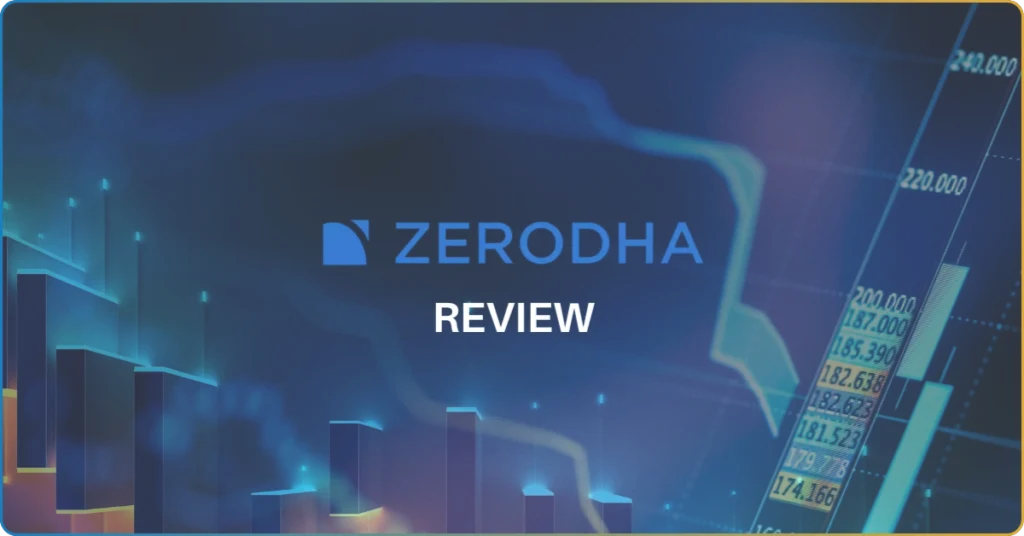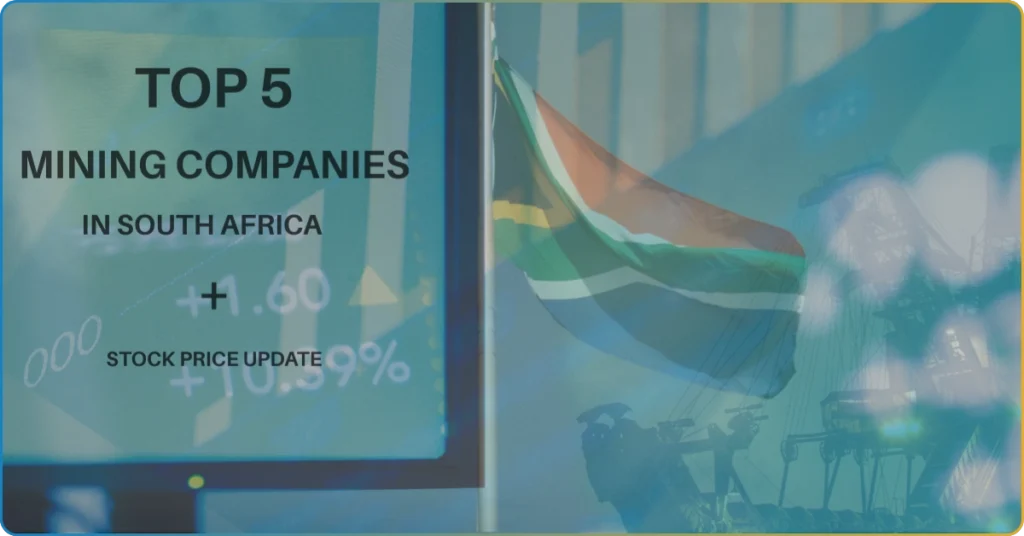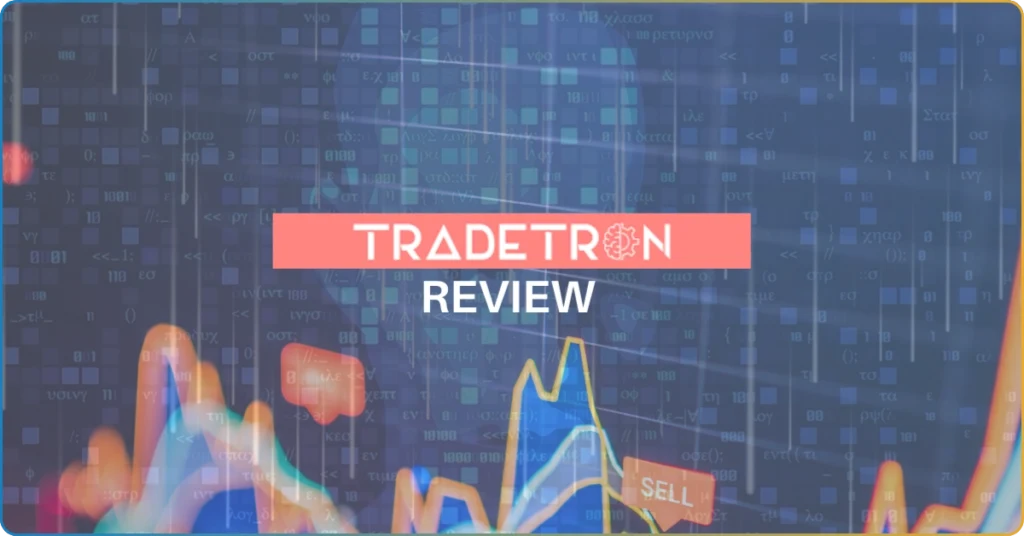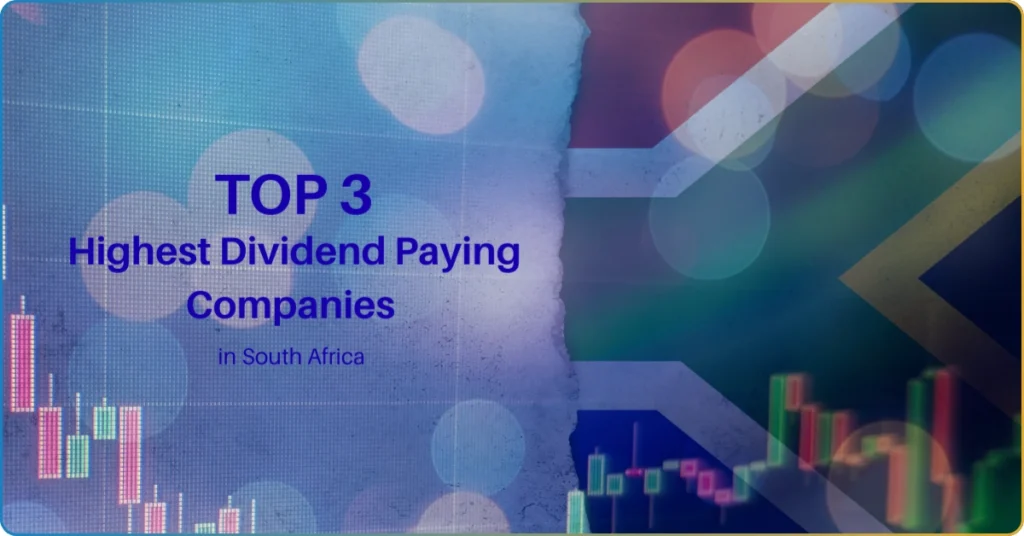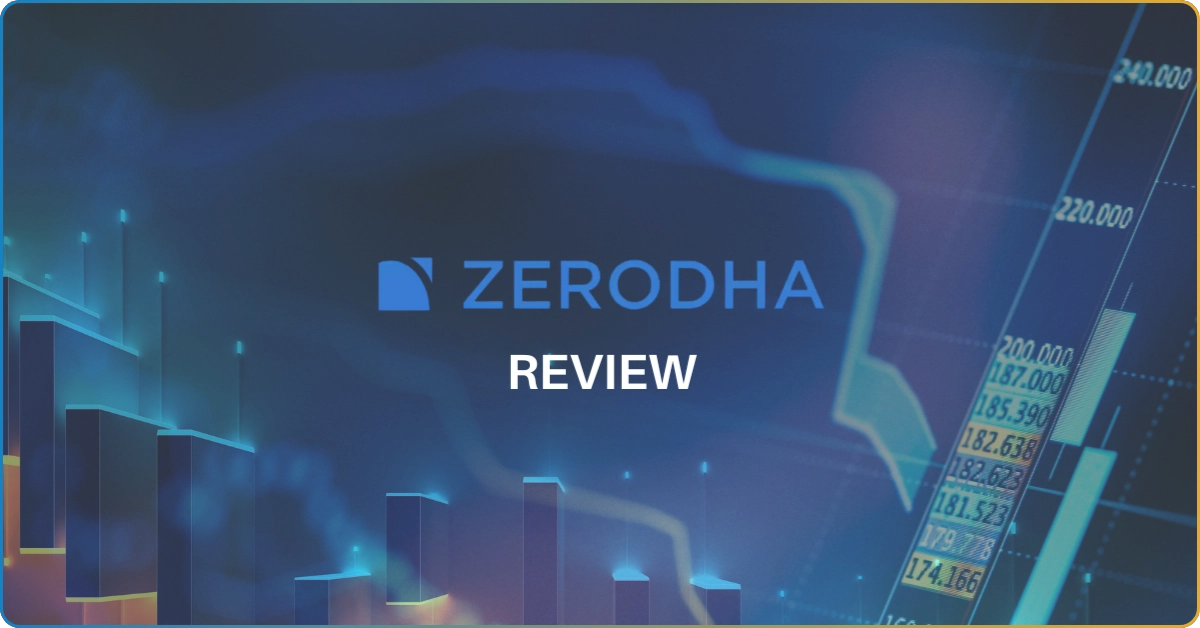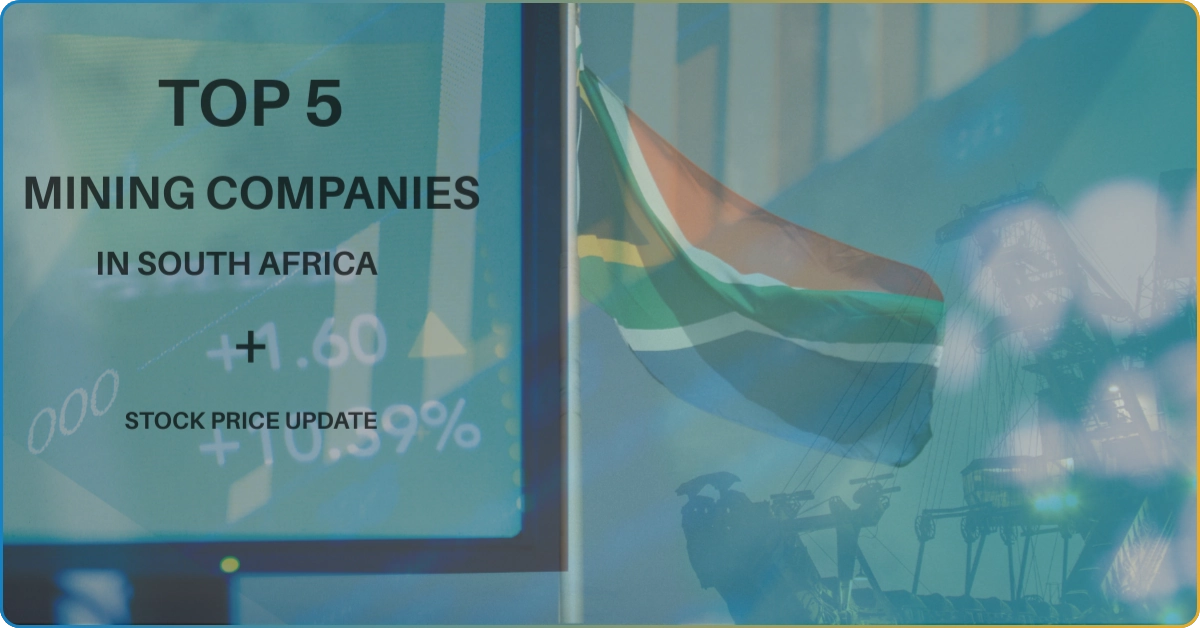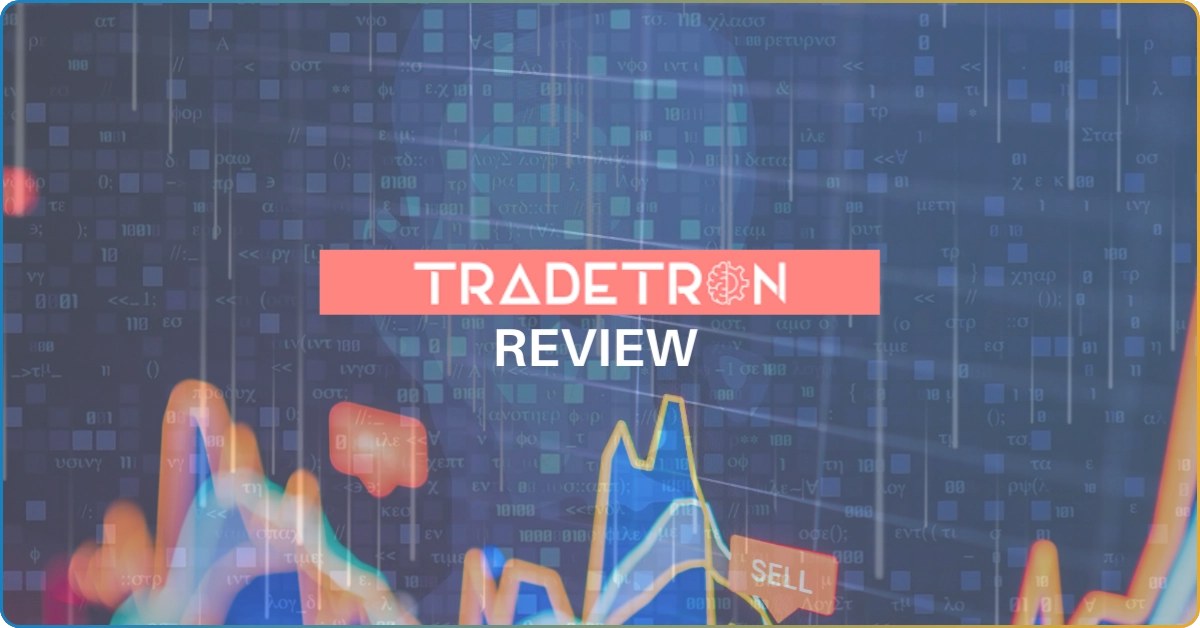2024 has seen a growth of internet users in South Africa. Despite the technological delay, Statista noted that over 74% of the South African population has access to the internet.
Coupled with the appeal of online trading and investing, this growth has given birth to numerous online brokers in South Africa – saturating the market and overwhelming South African traders.
But worry not; there are factors to consider if you want to narrow down the selection to easily find a broker that fits your investment and security needs. Read this article and learn how to find the best brokers in South Africa in 2024.
Authorized by a Reputable Financial Authority Body
When considering the regulatory body, keep this keyword in mind: Reputable.
Theoretically, these regulatory bodies monitor the financial landscape of their respective financial sector, oversee the operations of financial service providers, protect investors’ interests, and punish the entities that break the rules to promote money laundering and financial terrorism.
However, not all regulatory bodies are created equal – or contextually, not all of them have reliable regulatory strategies.
Thus, brokers authorized by a low-tier financial regulator are not better than unregulated ones.
Remember, check out the government’s response to the Anti-Money Laundering and Anti-Terrorist Financing Act to gauge how its respective regulatory body ensures fairness within the country’s financial industry.
If the regulator’s host country belongs to Financial Action Task Force’s black list, it’s an indication that the regulator has several warnings for having regulations that tolerate money laundering and financial terrorism.
However, being registered to such jurisdictions doesn’t raise red flags alone.
If you verify that the broker has multiple registrations from mid- and top-tier regulatory bodies, it indicates that the broker follows stringent regulatory oversights.
Top-tier Regulatory Body
Top-tier regulatory bodies operate within first-world countries. With close-knit relations between the financial industry and the overall health of the country’s economy, the respective governments planned, established, and followed stringent regulatory standards.
Here are some of the active and well-known regulators in the world.
| Top-tier Regulatory Body | Jurisdiction | |
| US SEC | Securities and Exchange Commissions | The United States |
| UK FCA | Financial Conduct Authority | The United Kingdon |
| Swiss FMA | Financial Monitory Authority | Switzerland |
| ASIC | Australian Securities and Investment Commissions | Australia |
| CySEC | Cyprus Securities and Exchange Commission | Cyprus |
If your broker is authorized by at least one of these regulators, you can rest assured knowing that a reputable entity has your back in any case you run into a dispute with your broker.
Mid-tier Regulatory Body
While mid-tier regulatory bodies are considered less reputable, these regulators do their job just fine.
These are the entities that govern financial sector countries with a history of financial terrorism and money laundering. However, they are taking several actions to improve the health and fairness of their respective financial industries.
Here are some of the mid-tier regulators in the finance world:
| Mid-tier Regulatory Body | Jurisdiction | |
| FSCA | Financial Sector Conduct Authority | South Africa |
| DFSA | Dubai Financial Service Authority | United Arab Emirates |
| MAS | Monetary Authority of Singapore | Singapore |
Active Actions to Strengthen South Africa’s Financial Regulatory Framework
In November 2024, the Financial Action Task Force (FSTF) noted that the Financial Conduct Service Authority has been on the move to tackle money laundering and terrorist financing in the country.
This effort, which has continued since 2021, has resulted in an improving and strengthening regulatory framework, ensuring the safety of South African investors amidst the increasing danger in the financial industry.
Confirm the Regulatory Oversight Proactively
Previously, you’ve learned that regulation is above all.
However, fraud brokers are known from marketing false regulatory compliance to create an illusion of credibility among unsuspecting investors.
So, make sure you’re proactively verifying the regulatory information of a broker. One best way to do this is to check the broker’s information within the regulators database.
- Step 1. Check the broker’s regulation details, including its regulator and license number. The information should be easily accessible on your broker’s website.
- Step 2: Go to the regulator’s website and locate its license/FSP search page. All regulatory bodies have a functional search engine for the public and investors to check authorized financial service providers.
There are three possible outcomes from your search – the broker’s claimed license is valid, non-existent, or the license belongs to other financial service providers.
A non-existent license detail should make you pause – it surely a fraud. Aside from avoiding the broker, you should also report the false claim of authorization to the regulatory body concerned.
However, if the licensing details belong to another financial service provider, check if the broker is a legitimate Juristic representative of the authorized service provider.
If you can’t find a formal association between the two service providers, the one claiming the license details could be impersonating the other broker.
The Spread of Impersonation Scams on Social Media
With the convenience of anonymity and the surge of online traders, social media platforms have become a breeding ground for fraud brokers.
One fraud practice in online trading industry is impersonation.
Impersonation happens when an unauthorized entity used the logo, name, business procedures, and other business details of a particular reputable broker.
This happens recently in South Africa. IXPFX.com claimed to be part of Rhona Life – an FSCA-licensed Financial Service Provider.
However, the compliance officer denied the company’s association with iXPFX and claimed iXPFX is impersonating Rhona Life to scam South African investors.
Read more: IXPFX.com Review: Is Part of Rhona Life or Just an Impersonation Scam? : Ultimate Guide to Finding the Best Brokers in South Africa in 2024Scrutinize Documentation
All legitimate and reputable brokers boast detailed and comprehensive documentation for the reference of the public, investors, and interested users.
Through these documents, you’ll get familiar with how your future broker handles and processes your investment, trading positions, personal and sensitive information, and their compliance with the Anti-Money Laundering and Anti-Terrorist Financing Act to ensure the safety of your investments.
Here are the common and must-have documents of any brokerage firm:
- Terms of Use/Terms and Conditions: This document discloses your and your broker’s overall relations and responsibilities.
- Privacy Policy: This informs you how the broker processes your personal, sensitive, account information. Unfortunately, many users are unaware that their information can be sold by brokerage firms at their discretion the moment the client agrees to the broker’s privacy policy.
- Risk Disclosure: Every broker should disclose the risk of online traders to all investors, including the profitability of trading and other risk factors including volatility and leverage. No broker should encourage traders to invest in the financial markets without informing them of such risks.
- Anti-Money Laundering (AML) Act Compliance: This compliance ensures the legitimacy of every money circulating within the broker’s ecosystem and overall financial markets. One AML approach is following the Know-Your-Customer (KYC) procedure to assess the risk profile of every investor requesting an account.
Avoid doing business with brokers that have insufficient or total absence of these documents. Remember, you can use these documents for your own benefit, especially when filing disputes with or against the broker.
Without these, your claim against the broker will easily be invalid.
Listen to Social Proof
They say, “Experience is the best teacher.”
And that’s true, especially when finding the best brokers for online trading.
However, this doesn’t mean you have to experience devastating scam operations of brokers yourself.
Listen to the experiences of other traders, discern genuine experiences from deceiving ones, and further research the validity of the insight.
Remember, clients will talk about their experiences, whether good or bad. So, make sure to put the voices of those who came before you into your consideration when picking which broker to open an account with.
One way to do this is to join a network or community of online traders. However, not just any community you could find on the internet; it should be verified and credible to ensure your insight you’re getting is valuable and not just there to deceive you.
Beware of Personalized and Cold Contacts
Another practice of unethical service providers is cold contacting.
Cold contacting is when a random financial service provider reaches you out to offer once-in-a-lifetime investment opportunities.
These contacts usually happen through phone call to execute high-pressure sale tactics. However, such practices can also occur in the form of text messages or email.
Remember, the services you get from different social media platforms are never free, rather, you pay them using your information as you’ve became the product of their advertising services.
Always be careful out there – don’t allow anything you see online.
Finding the Best Brokers in South Africa is Difficult, But It’s Worth It
With the growing number of brokerage companies in South Africa, coupled with the public’s enthusiasm towards online investing, South African investors are faced with overwhelming challenge of finding the best brokers in South Africa.
However, behind these nitty-gritty processes is the peace of mind knowing your hard-earned money is in the hands of trustworthy online brokers.
CommuniTrade Caption:
Finding the best brokers in the overwhelming waves of questionable and deceiving online brokers is never easy. However, effectively doing so can mean the difference between profitability and financial ruins.
In this TRU Insight, we’ll explore the key factors you must consider before you put your hard-earned money on a particular online broker.


